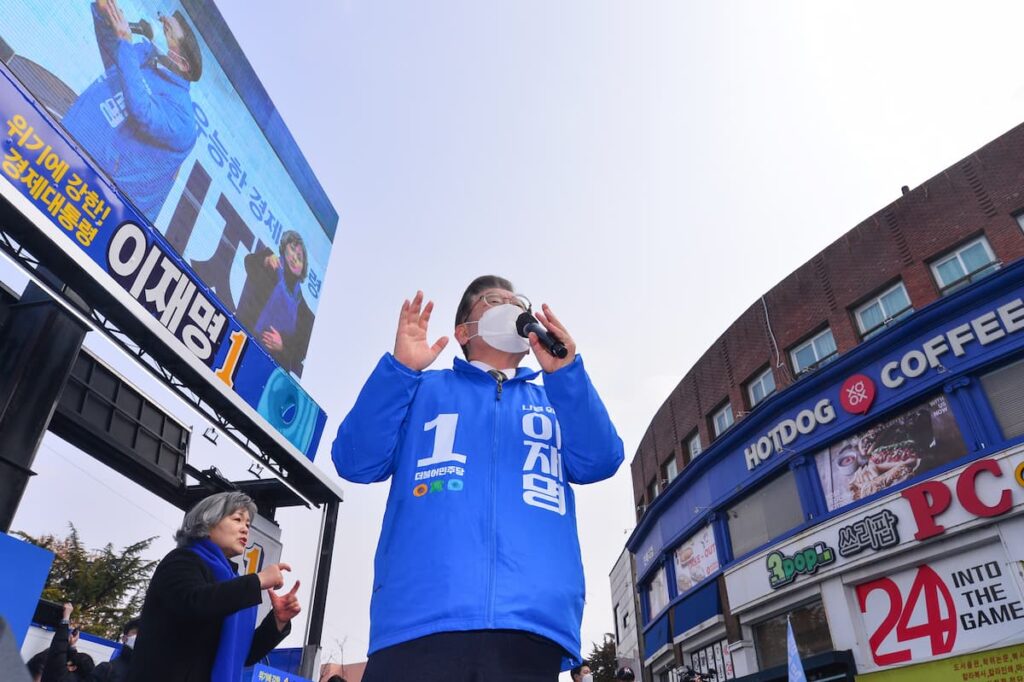A New Chapter in South Korean Leadership
South Korea has entered a new political era following the election of Lee Jae-myung as its 14th president. His rise to power comes after snap elections were held due to political turmoil that shook the country’s leadership. Lee, a prominent figure from the main opposition Democratic Party, secured victory in a climate of public scrutiny and demand for renewed democratic integrity.
The election marked a critical turning point, not only for South Korean domestic politics but also for its role in the global landscape. Lee’s presidency signifies a shift in direction after a contentious period, and it is already drawing attention from leaders around the world. His election has sparked international reactions, with several key global figures welcoming the opportunity to strengthen diplomatic and economic ties with Seoul.
Global Reactions Signal Strong Diplomatic Momentum
World leaders from across the Asia-Pacific region and beyond have publicly acknowledged Lee Jae-myung’s election as a moment of democratic resilience. Prominent voices in Japan, Malaysia, Australia, India, and New Zealand were among the first to recognize the leadership change and express optimism about future cooperation.
From neighboring countries to distant strategic partners, these responses emphasize a shared interest in deepening relationships with South Korea. There is a noticeable enthusiasm for continuing dialogue, enhancing trade partnerships, and promoting regional stability through diplomatic collaboration.
The consistent tone from global leaders highlights the importance of South Korea’s position in international affairs. By aligning with Lee’s administration early on, many countries are signaling their commitment to maintaining strong bilateral relations in the face of changing geopolitical dynamics.
Regional Focus on Cooperation and Strategic Alliances
Several nations in the Asia-Pacific region view Lee’s presidency as an opportunity to reinforce existing alliances. There is a clear emphasis on developing cooperative approaches to regional issues, including trade, security, and cultural exchange.
Neighboring governments have specifically underlined the importance of steady and respectful communication, particularly in areas where history and policy have sometimes posed challenges. The early outreach from these countries suggests a strong interest in working closely with the new South Korean leadership to navigate common concerns and build on shared values.
In addition, countries like India and Australia see South Korea as a vital player in maintaining a balanced and prosperous regional order. These relationships are rooted in mutual respect and strategic interest, and the leadership transition presents a timely moment to reaffirm long-standing partnerships.
Outlook: A Presidency with Global Expectations
As Lee Jae-myung takes office, expectations are high—not only domestically but also on the international stage. The early wave of congratulations from world leaders is more than ceremonial; it reflects a readiness to engage with South Korea under new leadership.
His administration faces the dual challenge of restoring national unity while simultaneously navigating a complex global environment. Yet the initial reactions from other nations indicate that there is strong support for South Korea’s renewed political direction.
With diplomatic doors open and opportunities for collaboration on the table, the world is watching how Lee Jae-myung will shape South Korea’s role in the coming years. His presidency begins with a clear message: South Korea remains a key partner in the global community, and the world is eager to walk alongside it.


